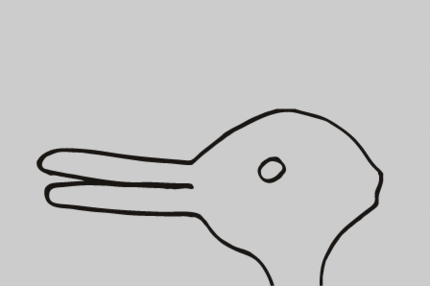Lectures / 18/03/2009 7:30 pm
Truth?
Russia and the European Union: partners or rivals? Shared values – Shared interests – Clashes of interest
Two bloody world wars and a Cold War lasting almost forty years have left their stamp on Europe’s history in the twentieth century. The basis for lasting peace in Europe was created in the Treaties of Rome of 1957, which resulted in the foundation of the European Economic Community, today’s European Union. The agreement on German reunification, which was reached on October 3, 1990, the treaty on the limitation of conventional forces in Europe (CFE) and the Charta of Paris of November 1990 marked the end of the political and security political confrontation in Europe. Built on shared values (Council of Europe, OSCE), the “common house of Europe” was to take shape. This hope has not been realized to date, but it has not been buried either.
Why not?
Undergoing a transformation that was aimed at the establishment of a democratic regime and a market-oriented economy, both the Soviet Union and Yugoslavia disintegrated in the early ’90s. Since Putin’s accession to power in 1999/2000, Russia has sidelined its commitment to European institutions and the Atlantic-European Treaty Organisation (NATO) and to its own reforms in the fields of democracy and market economy and has concentrated on the relaunch of Russia as a superpower, supported by its nuclear arsenal, its wealth of energy resources, the dimensions of the country in sheer geographic terms and the centuries during which Russia was a great power or even a global superpower. Russia’s civil society is prevented from contributing political alternatives that might shape the country’s future. What does that mean for the European Union and for NATO?
Fearing the pressure exerted by powerful Russia, its European neighbours are seeking the protection of NATO and accession to the European Union. The European Union must strengthen its internal cohesion in its relations with Russia (energy; security and foreign policy). At the same time it must make sure it does not stop fostering its collaboration and dialogue with Russia in order to be able to adapt the scope and depth of this collaboration to a potentially substantive revision of Russia’s foreign policy.
The geostrategic positioning of the European Union will depend on whether the negotiations that the newly elected US president will conduct with Russia on the issues of disarmament and arms control in the area of strategic nuclear weapons and antiballistic missiles are successful. Geostrategic neutrality is no more a credible alternative for Europe than would be entering into a strategic partnership with Russia or developing an independent European strategic power situated between the two camps of Moscow and Washington.
Regional crisis management under a mandate from the UN, in which Russia is assigned its own role, remains a difficult but not entirely hopeless task. Attempts to cope with the really burning global issues – environment, capital streams, resources, sustainable development – must involve Russia and the most important newly industrialised countries (Brazil, China, India, South Africa, Mexiko).
Under a global problems perspective the closest possible collaboration between Europe, the US and Russia would seem desirable. However, for the time being and as long as Russia’s bid for a role as a maverick great power endangers the independence of its European neighbours and in the absence of an agreement between the US and Russia in regard to strategic nuclear weapons, this collaboration remains more tightly circumscribed than one would wish.





